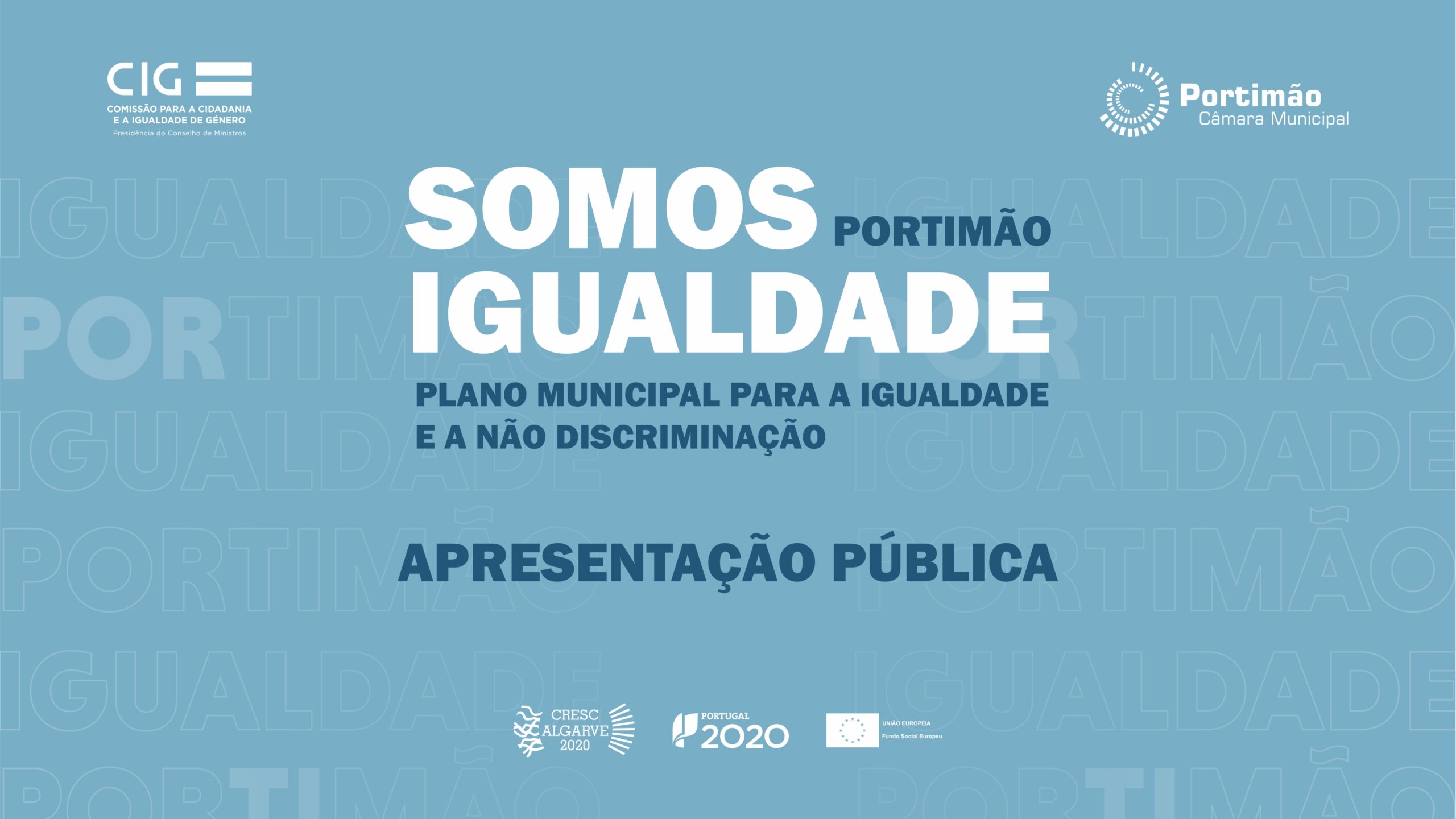The small auditorium of the Teatro Municipal de Portimão (TEMPO) will receive, on November 9, the public presentation of the II Municipal Plan for Equality and Non-Discrimination, which will take place from 14:30 pm.
The session will be attended by Teresa Mendes, councilor of Portimão City Council, Sandra Ribeiro, president of the Commission for Citizenship and Gender Equality, Carlos Café, external advisor for Equality, and choreographer and director Sofia Brito, responsible for the show “Citizens do Mundo”, which will be presented by Dancenema.
With the participation of two dozen elements, «the main objective of this performance is to stimulate reflection and serve as an alert to the importance of cultural integration of immigrant communities in Portuguese society, through creative art, social enrichment and cultural contribution» , mentions the municipality in a note.
The II Municipal Plan for Equality and Non-Discrimination, approved in May last year, is the result of a reformulation process integrated in the National Strategy for Equality and Non-Discrimination “Portugal + Equal” 2018-2030 and aims to actively contribute to the promotion of gender equality, raising the awareness of all who live or work in the municipality to the issues that the theme involves regarding language, parenting, labor rights, combating stereotypes and, above all, respect for each one.
Under the motto “Portimão, Somos Egualdade”, the plan is a transversal tool, whose execution aims to promote a more just, free and democratic society, so that all people can access the same resources, services and opportunities, preventing produce some type of discrimination on grounds of gender.
The new instrument is based, according to the municipality, from the evaluation of the previous plan, for the period from 2017 to 2021, and from a previous diagnosis of the reality on which it intends to intervene.
The objectives and actions consider data disaggregated by sex at the level of different priority areas, combining two methodologies: quantitative, through the review and statistical analysis of different data sources, and qualitative, through interviews with different municipal areas and social actors. .




















Comments